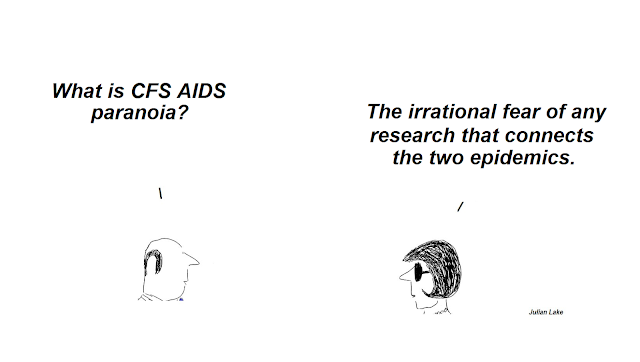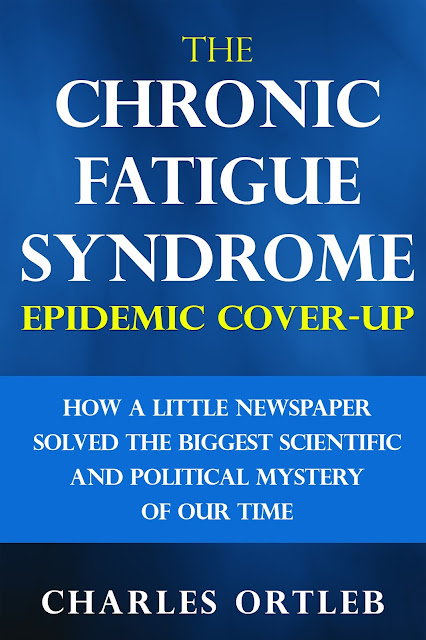GROQ on the nature of medical Ponzi schemes
What does it mean when someone calls a medical theory that is guiding diagnosis and treatment a "Ponzi scheme"?
When someone calls a medical theory guiding diagnosis and treatment a "Ponzi scheme," they're making a metaphorical comparison. A Ponzi scheme is a type of investment scam where returns are paid to existing investors using money from new investors, rather than from profit earned. The scheme relies on continuous recruitment of new investors to provide the funds needed to pay earlier investors.
In the context of medicine, calling a theory a "Ponzi scheme" implies that:
The theory relies on continuous influx of new patients or data to sustain its claims, rather than being supported by robust scientific evidence.
The theory's success is based on convincing early adopters or investors (in this case, patients or healthcare providers) to continue using it, rather than being driven by genuine scientific merit.
The theory lacks a solid foundation, and its proponents are more focused on maintaining the illusion of success than on genuinely improving patient outcomes.
In essence, the term "Ponzi scheme" is used to criticize a medical theory that:
Is not evidence-based
Relies on hype or marketing rather than scientific rigor
May be more focused on generating revenue or prestige than on improving patient care
When someone calls a medical theory a "Ponzi scheme," they're suggesting that it's a flawed, unsustainable, and potentially harmful approach that prioritizes short-term gains over long-term scientific integrity and patient well-being.















